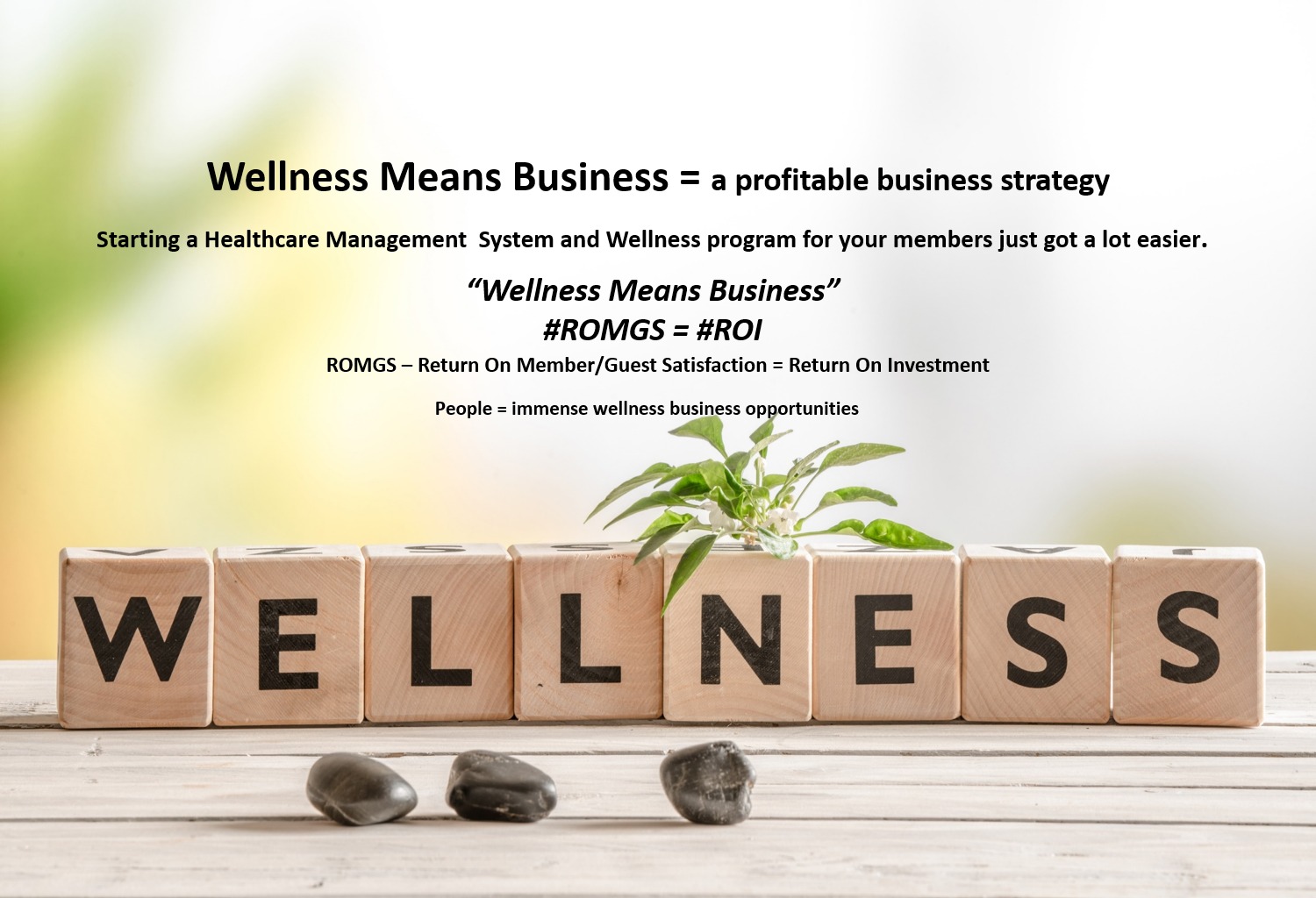As we age, it becomes increasingly important to eat a nutrient-rich diet that can support our health and wellbeing. One group of nutrients that has been gaining attention in recent years is flavonoids. These plant-based compounds have been linked to a range of health benefits, including a reduced risk of chronic diseases such as cancer, heart disease, and diabetes. In this article, I’ll share the top 10 flavonoid-rich foods that can help you stay healthy as you age.
Introduction to Flavonoids and Their Health Benefits
Flavonoids are a group of naturally occurring compounds that are found in many fruits, vegetables, and plant-based foods. They are most commonly known for their antioxidant properties, which help to protect our cells from damage caused by free radicals. In addition to their antioxidant activity, flavonoids have been shown to have anti-inflammatory, anti-cancer, and anti-diabetic properties.
One of the most exciting things about flavonoids is their potential to slow down the aging process. Studies have found that flavonoids can protect our cells from damage caused by oxidative stress, which is a key contributor to aging. By including flavonoid-rich foods in our diet, we can give our bodies the tools they need to stay healthy and vibrant as we age.
What are the Top 10 Flavonoid-Rich Foods?
There are many foods that are rich in flavonoids, but some stand out as particularly good sources. Here are the top 10 flavonoid-rich foods that you should consider adding to your diet:
Apples – A Rich Source of Flavonoids
Apples are not only delicious, but they are also packed with nutrients, including flavonoids. The most abundant flavonoid in apples is quercetin, which has been shown to have anti-inflammatory and anti-cancer properties. Eating apples on a regular basis has been linked to a reduced risk of chronic diseases, including heart disease and diabetes.
Berries – A Delicious Way to Get Flavonoids
Berries are another great source of flavonoids. Blueberries, in particular, are rich in anthocyanins, which have been shown to have anti-inflammatory and anti-cancer properties. Other berries, such as strawberries and raspberries, are also good sources of flavonoids.
Dark Chocolate – A Healthy Indulgence
Dark chocolate is not only delicious, but it is also a good source of flavonoids. The flavonoids in dark chocolate are known as flavanols, which have been shown to have a range of health benefits, including improved heart health and cognitive function. When choosing dark chocolate, look for varieties that are at least 70% cocoa.
Green Tea – A Refreshing Source of Flavonoids
Green tea is a popular beverage that is known for its health benefits. One of the key components of green tea is a flavonoid called epigallocatechin gallate (EGCG), which has been shown to have anti-cancer and anti-inflammatory properties. Drinking green tea regularly has been linked to a reduced risk of chronic diseases, including heart disease and cancer.
Red Wine – A Moderate Source of Flavonoids
Red wine is often cited as a source of flavonoids, particularly a flavonoid called resveratrol. While it is true that red wine contains some flavonoids, it is important to consume it in moderation. Drinking too much alcohol can have negative health effects, and the benefits of flavonoids can be obtained from other sources.
Citrus Fruits – A Zesty Way to Get Flavonoids
Citrus fruits, such as oranges and grapefruits, are not only delicious, but they are also a good source of flavonoids. The flavonoids in citrus fruits are known as flavanones, which have been shown to have anti-inflammatory and anti-cancer properties. Eating citrus fruits on a regular basis has been linked to a reduced risk of chronic diseases, including heart disease and cancer.
Soy Products – A Plant-Based Source of Flavonoids
Soy products, such as tofu and soy milk, are a good source of flavonoids, particularly a flavonoid called genistein. Genistein has been shown to have anti-cancer and anti-inflammatory properties, and consuming soy products on a regular basis has been linked to a reduced risk of chronic diseases, including heart disease and cancer.
Broccoli – A Cruciferous Vegetable That is Rich in Flavonoids
Broccoli is a cruciferous vegetable that is packed with nutrients, including flavonoids. The most abundant flavonoid in broccoli is kaempferol, which has been shown to have anti-cancer and anti-inflammatory properties. Eating broccoli on a regular basis has been linked to a reduced risk of chronic diseases, including heart disease and cancer.
Incorporating Flavonoid-Rich Foods into Your Diet
Now that you know the top 10 flavonoid-rich foods, it’s time to start incorporating them into your diet. One way to do this is to make sure that you are eating a variety of fruits and vegetables each day. Try to include berries, citrus fruits, and broccoli in your meals, and snack on apples and dark chocolate for a healthy treat.
Another way to get more flavonoids in your diet is to drink green tea and enjoy a glass of red wine in moderation. If you are looking for a plant-based source of flavonoids, consider adding soy products to your meals.
Conclusion – Flavonoids and Aging
In conclusion, flavonoids are a group of nutrients that can have a range of health benefits, particularly as we age. By incorporating flavonoid-rich foods into our diet, we can give our bodies the tools they need to stay healthy and vibrant. So, the next time you are at the grocery store, be sure to stock up on apples, berries, dark chocolate, green tea, and other flavonoid-rich foods. Your body will thank you for it!
CTA: Start incorporating these flavonoid-rich foods into your diet today to support your health and wellbeing as you age.






